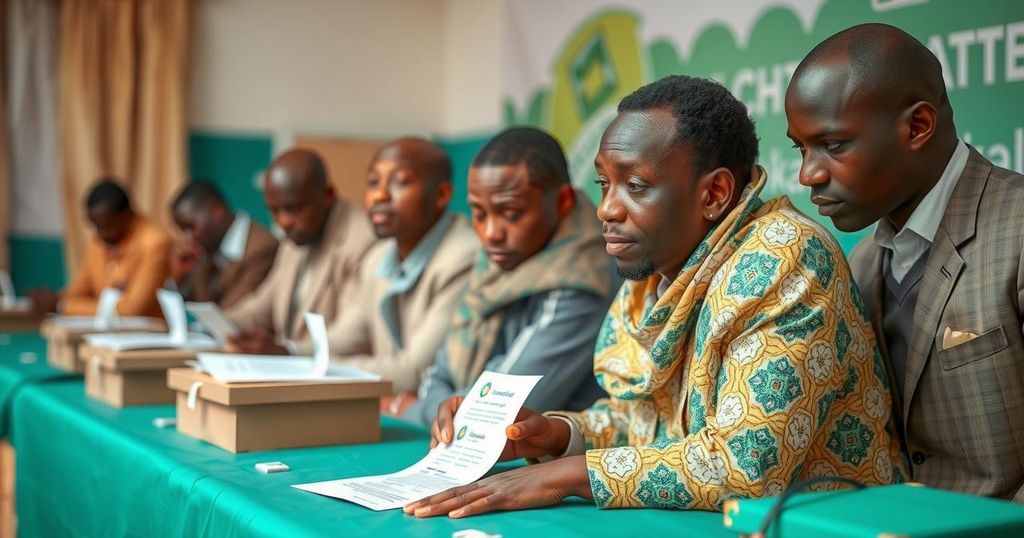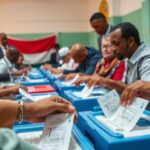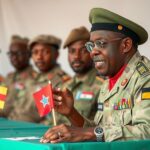Chad’s Parliamentary Election: A Contested Step Towards Democracy
Chad is holding its first parliamentary election in 13 years amid opposition boycotts and allegations of pre-determined results. The government asserts it is stepping towards democracy, while the legitimacy of the election is disputed due to low turnout and claims of electoral fraud, particularly in rural areas. President Deby’s leadership remains contentious as various societal issues, including climate change and insecurity, shape the electoral landscape.
Chad is currently conducting its first parliamentary election in thirteen years, a crucial event that the government has framed as a pathway to ending military rule. This electoral exercise allows citizens to elect representatives for a new parliament, as well as provincial assemblies and local councils. However, the opposition has called for a boycott, asserting that the election results have been predetermined, leading to low voter turnout, particularly in the capital city of N’Djamena.
Despite the government’s claims of a significant turnout, opposition parties, including the Transformers party led by Succes Masra, are skeptical of the election’s integrity. In a context where military personnel and police have voted prior to the general polling day, the credibility of the reported figures is under scrutiny, compounded by allegations of fraud leading up to the election. President Mahamat Idriss Deby Itno, who assumed leadership following a military coup in 2021, faces an opposition challenging the legitimacy of his rule following the recent presidential election.
Chad’s electoral agency reported record turnout among military and nomadic populations, yet the opposition continues to highlight serious electoral malpractice concerns. As the country grapples with severe issues such as climate change and insecurity due to attacks from Boko Haram, the significance of these elections cannot be understated. Observers and international representatives are monitoring polling stations, which remain open until 6:00 PM local time, yet the overall participation rate is significantly influenced by the opposition’s call to abstain from voting, aiming to delegitimize the electoral process.
The context of this election includes an ongoing military accord with France and accusations regarding Chad’s involvement in regional conflicts. The government describes these elections as pivotal in the transition towards a more democratic governance framework. Nevertheless, the legitimacy of these claims remains contentious.
This election in Chad marks a significant political milestone, being the first parliamentary election in over a decade. The government seeks to present this event as a stepping stone toward democratic governance, following years of military rule following the death of long-term leader Idriss Deby in 2021. The opposition’s decision to boycott the elections reveals deep-rooted grievances regarding the electoral process’s integrity, raising questions about democratic advancements in a nation rife with socio-economic challenges and political instability.
In conclusion, the parliamentary elections in Chad signify a significant moment amid ongoing political tensions and allegations of electoral fraud. The government has positioned this election as a vital transition to democracy, yet the opposition’s boycott and claims of predetermined outcomes undermine that narrative. With various stakeholders observing the exercise, the unfolding election will not only influence Chad’s political landscape but also reflect broader socio-economic implications and regional stability.
Original Source: www.aljazeera.com






Post Comment